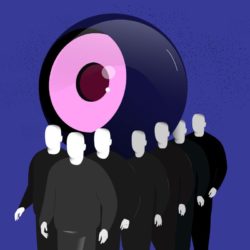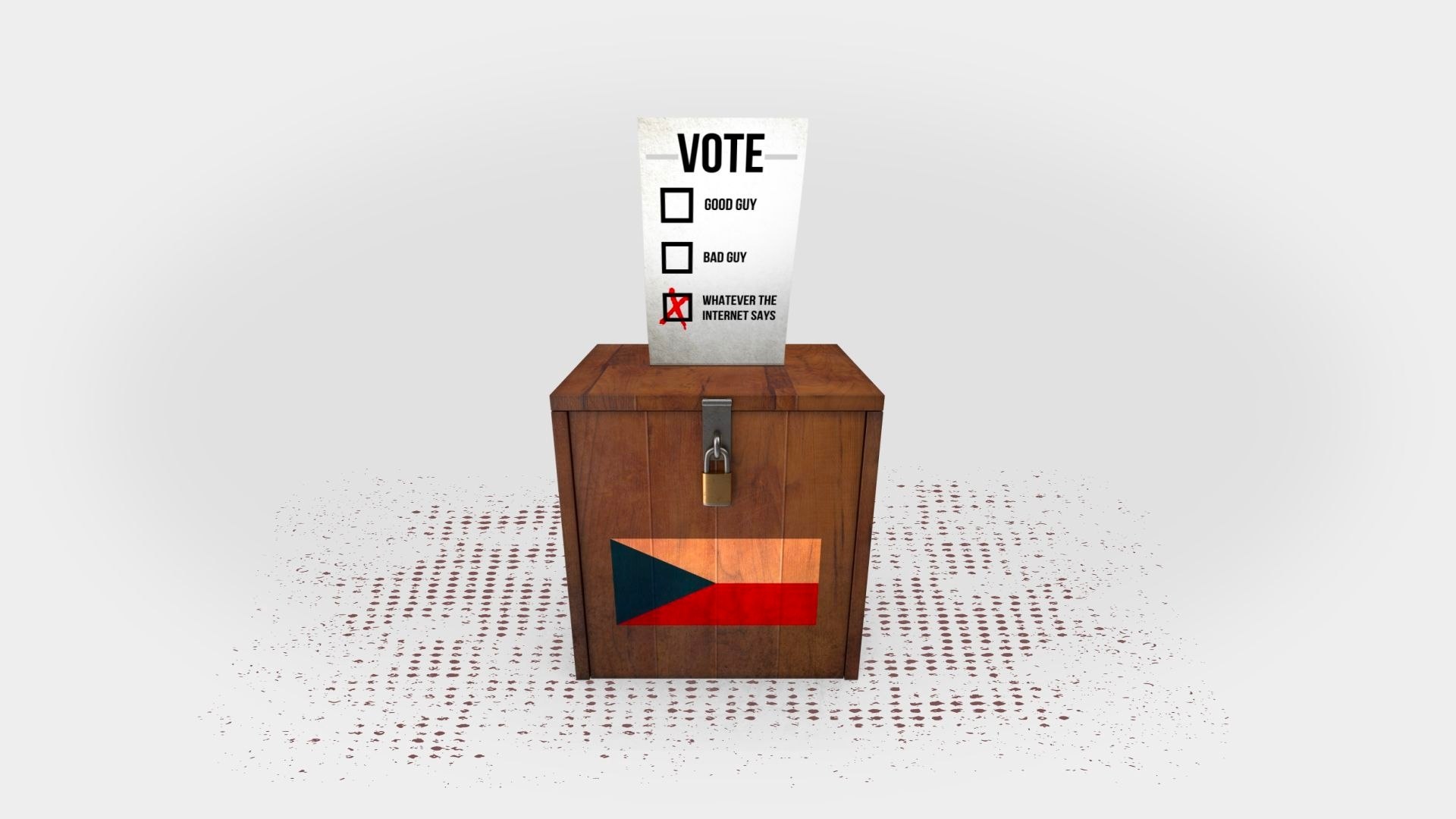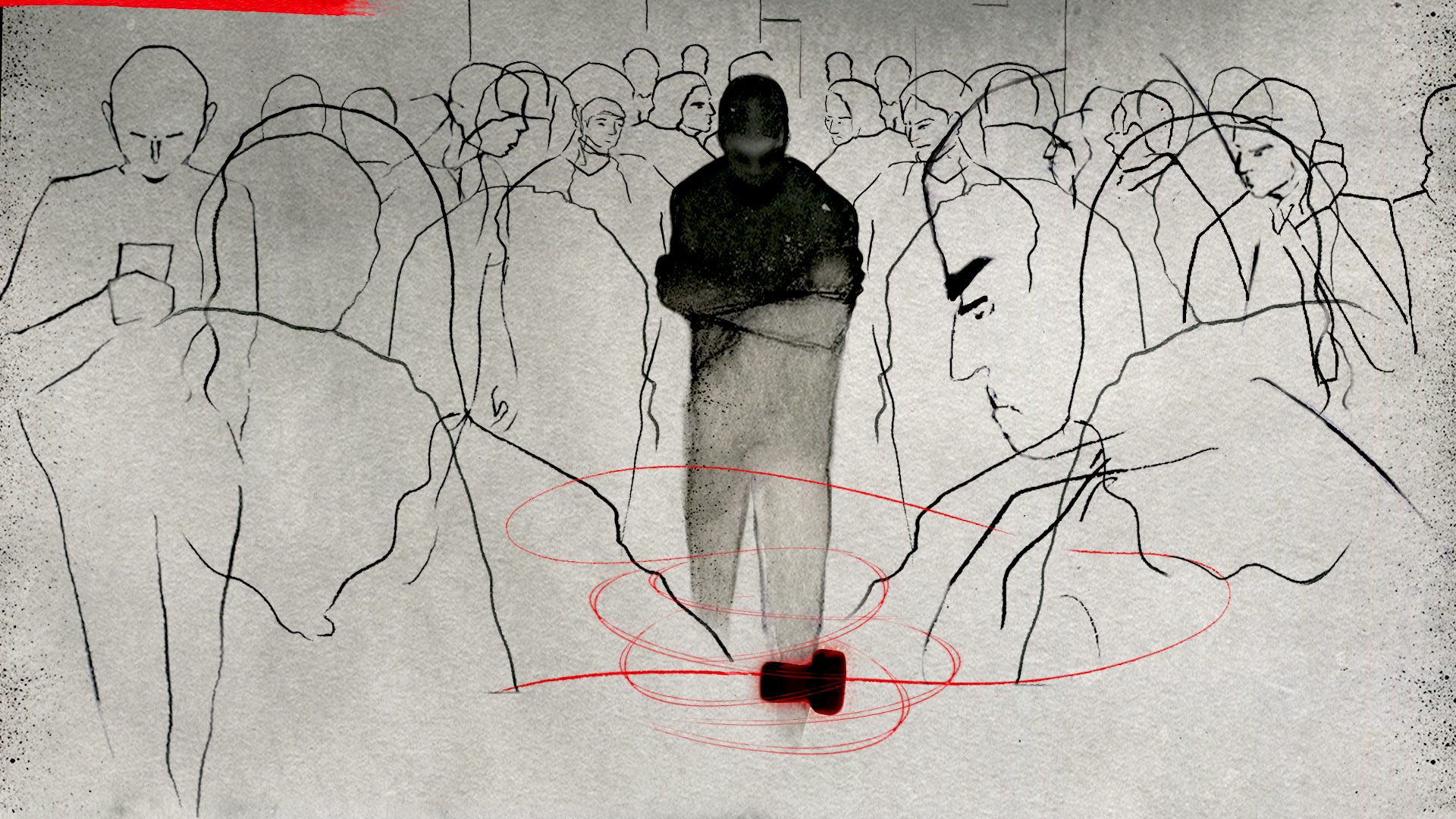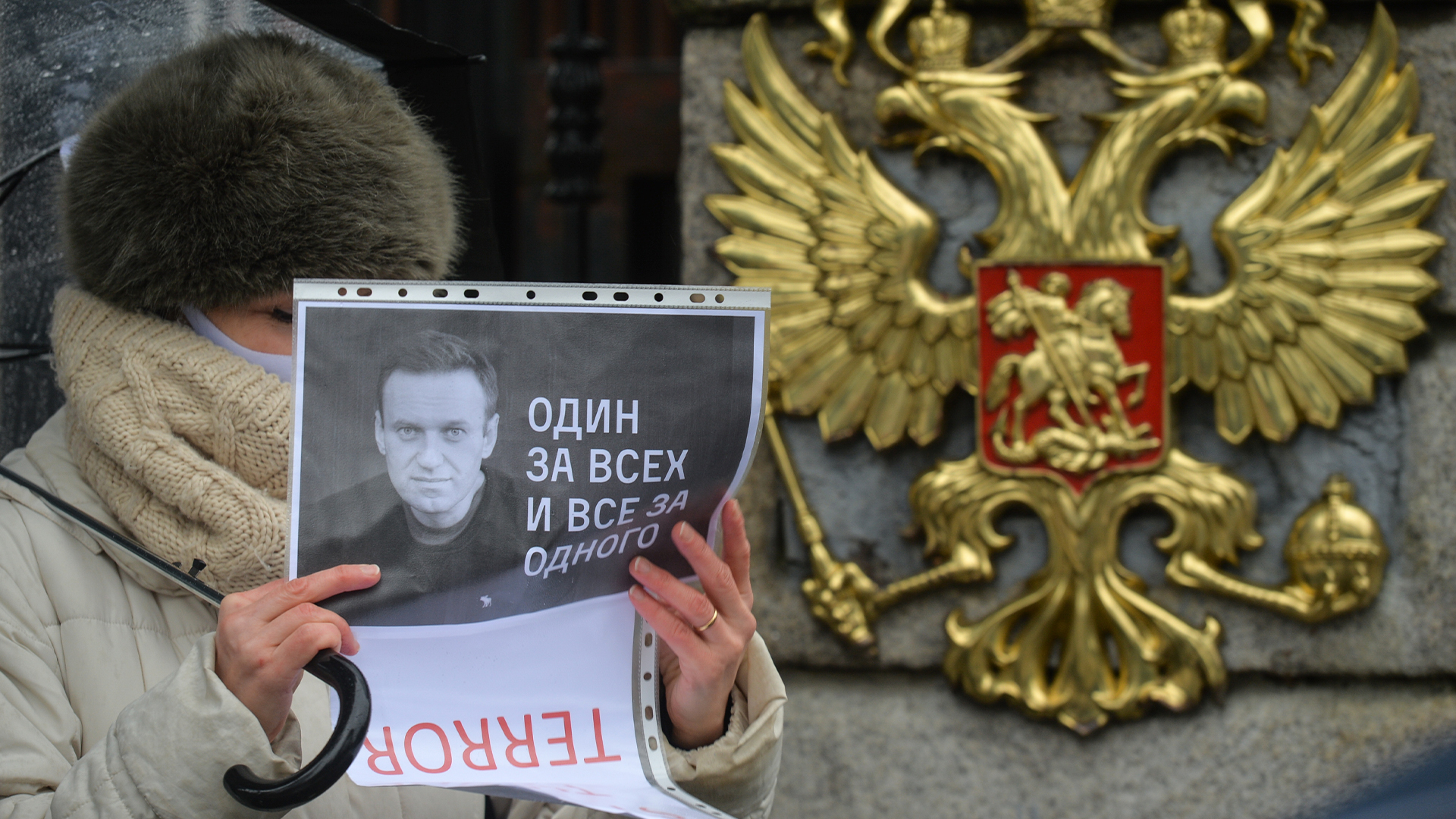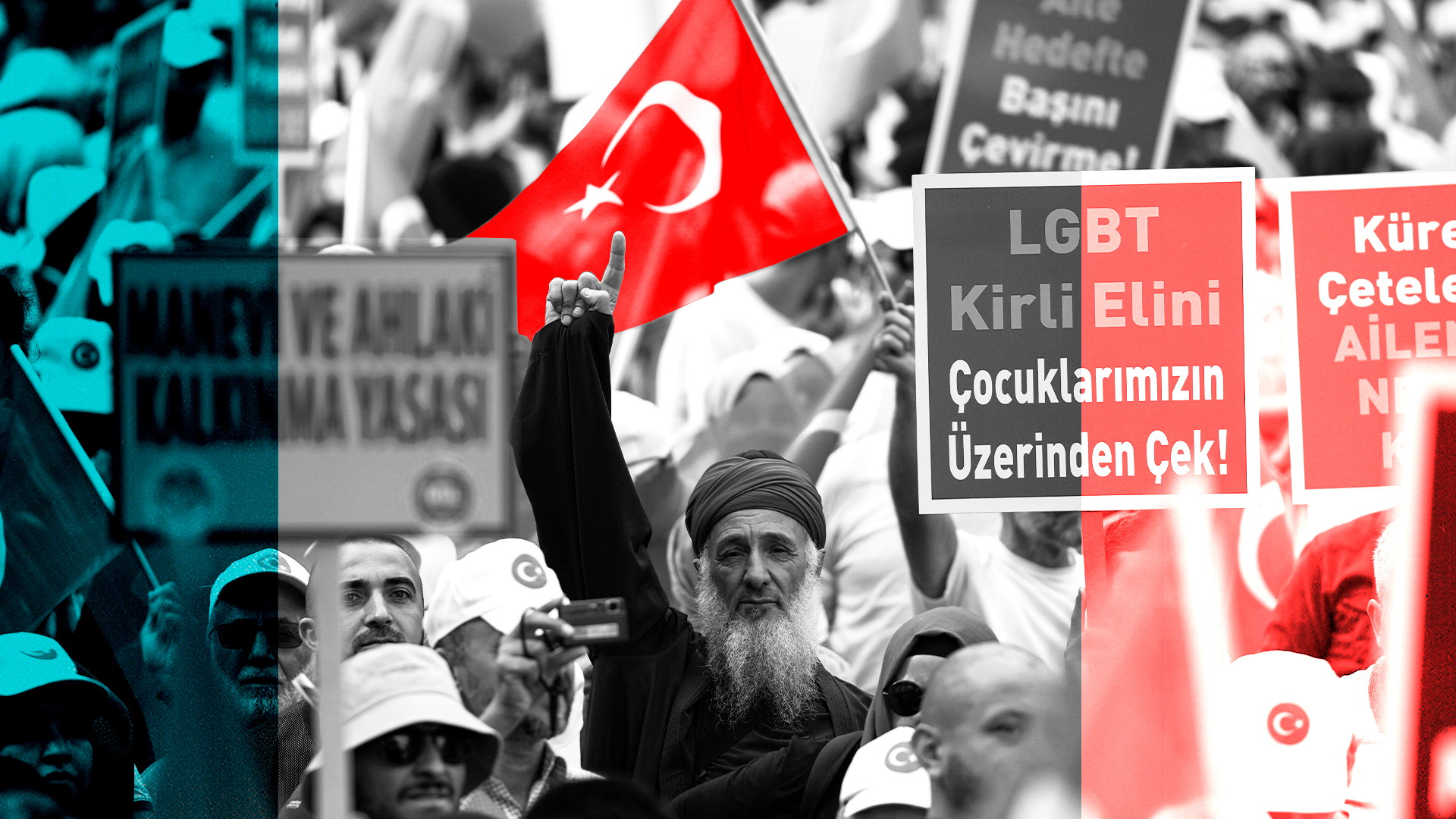When the Czech government announced it was setting up an “anti-fake news” center earlier this year, the reaction was a sign of how the disinformation battle between East and West is increasingly looking like a new Cold War — with Prague yet again on the frontline.
From one side — a raucous band of pro-Kremlin, Czech language websites purveying falsehoods about migrants, the U.S. and Europe — came cries of censorship, with one site even talking about an “Internet Gestapo.”
From the other side — the West — came praise for the Czech authorities for taking a lead, with the Washington Post portentously hailing the center as a “new SWAT team for truth.”
But as Czechs go to the polls this weekend for parliamentary elections, pro-Russian platforms have been as energetic as ever, pumping out a steady stream of invented stories, conspiracy theories and spin. And the Center Against Terrorism and Hybrid Threats, as it is known officially, is struggling to prove itself, offering wider lessons for governments trying to fight the fake news war.
It was partly to insulate the elections against Russian influence that the Czech intelligence services decided to set up the center, fearing a repeat of the alleged mass-meddling in last year’s U.S. presidential campaign. Officials believe the Kremlin has ties to around 40 Czech language websites with an agenda of turning the country away from the West.
Working from a building once used for communist-era interrogations, the center’s 24 analysts have been on the job since January, monitoring online media for a variety of threats, including disinformation. And they have a Twitter account where they publicly debunk any news they deem fake.
Yet overall their output has been minimal. The center has only issued a handful of corrective tweets in the run-up to the legislative elections — which Andrej Babis, a populist billionaire who has been called the “Czech Trump,” and his ANO (“Yes”) party, are widely expected to win.
After expectations were raised so high at the start, this apparent vacuum of activity has been a gift for the pro-Russian sites. It has allowed them to sow division and uncertainty, by questioning the government’s commitment to free speech. And they have pressed that button relentlessly. The vacuum has allowed pro-Russian sites to sow division and uncertainty, by questioning the government’s commitment to free speech.
“Parlamentní listy,” a Breitbart-style site known for disparaging stories on Muslim migrants, has dubbed the center a “censorship office” and a “Ministry of Truth.” Another site called Protiproud — which translates as “Countercurrent” — came up with the phrase “Internet Gestapo,” warning its readers that the agency was bent on “eliminating political opponents who don’t share the multicultural ideology of the current Brussels Empire.”
Protiproud complemented this with a mocked-up image of the Czech Interior Minister, Milan Chovanec, who oversees the center, dressed in a Nazi uniform with the “@” symbol in place of a swastika.
The center’s day-to-day boss, Benedikt Vangeli, has tried to push back, saying that all they do is flag false reports to the public, not remove them. “We don’t take them down. We don’t censor,” he said in an interview earlier this year. The Interior Ministry, citing his workload, declined Coda Story’s request to talk to him.
The country’s nominally figurehead president, Miloš Zeman, has added to Vangeli’s difficulties. He has long taken a pro-Kremlin stance and has joined in attacks on the center, his spokesman comparing its work to communist-era censorship.
To some extent, the “anti-fake news” center has become a victim of disinformation itself — and the media hype it generated at its opening. “There is a problem with how it’s perceived,” says Mark Galeotti, a longtime Russia expert at the Institute of International Relations in Prague.
Vangeli takes the same line, saying that critics have got the wrong idea of what the center does. “Responding to disinformation is only between five to nine percent of our work,” he said in an interview with a Czech news site earlier this year.
Much more effort goes into assessing terrorist and other security threats, he said, standard work for intelligence agencies around the world — and an operation that remains largely out of the public eye.
Experts say the whole saga has been a lesson for the Czech and other governments as they wrestle with the disruptive effects of fake news. “Disinformation can’t just be countered with a band-aid solution like the establishment of a center,” says Nina Jankowicz of the Woodrow Wilson Center in Washington DC, who studies information influence campaigns.
Prague is bound to remain on the frontline of this East-West information war —as both sides are heavily invested here.
The Czech capital is home for the U.S. government-funded Radio Free Europe / Radio Liberty operation, which broadcasts across the former Soviet Union, the Balkans and beyond. Moscow’s hand is harder to pin down. But Czech officials are convinced there is a link between the huge embassy Russia maintains in Prague and the large number of pro-Kremlin websites operating here. It reportedly has at least double the number of staff of the U.S. mission in the city, and officials believe a disproportionate number are undercover agents.
And even before this weekend’s vote, some pro-Kremlin sites have already called the result. The Czech government will “climb into the bed of the American neocons”, said AE News, “in a war against Russia.”
